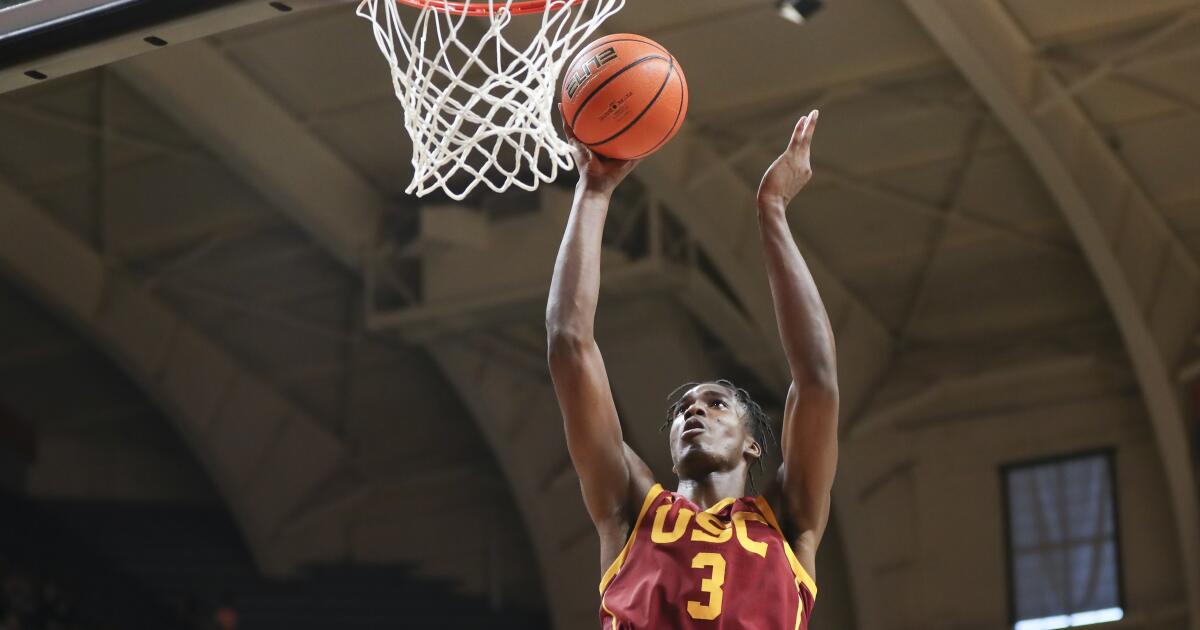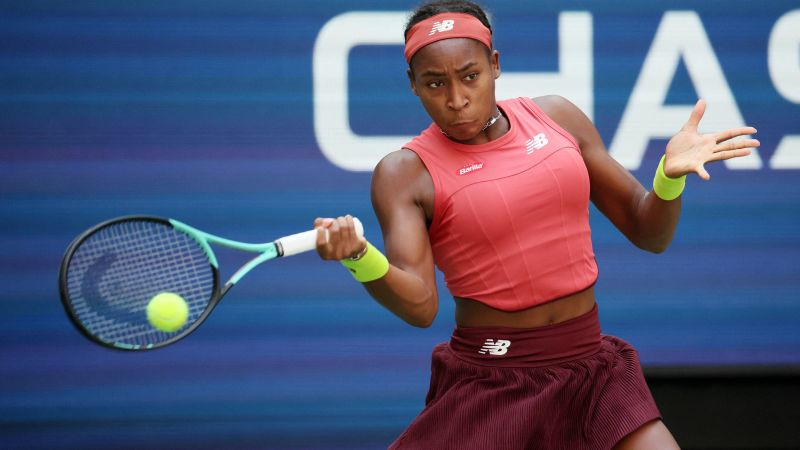Perspective | Want to understand Jim Harbaugh? Go back to the start.
At the time, Harbaugh was a volunteer assistant at Western Kentucky, where his father, Jack, was trying to resuscitate a program that came one board of regents vote shy of being eliminated five years earlier. Both of Jack’s sons hatched ideas to help their father. John, now the Baltimore Ravens’ coach, was then a college special teams coordinator at Cincinnati, and he would make lists of overlooked recruits who could thrive at Western Kentucky. Jim wooed those recruits, establishing a Florida pipeline that included quarterback Willie Taggart, who wound up a transformational star for the Hilltoppers before starting his 25-year coaching career.
When the school needed uniforms, Jim leveraged his contract with sports apparel company Fila to assist. By 1997, he had become so influential in the program’s rebirth that Western Kentucky held “Jim Harbaugh Appreciation Night” to honor him. He came to celebrate during his bye week with the Indianapolis Colts, but on that Saturday night in late September, the competitor needed to do more than stand at midfield and absorb applause.
The team ran a triple-option offense. Taggart threw just 131 passes in 12 games that season, and thinking back, it’s surprising he attempted that many. The Hilltoppers that night were scuffling through a game against South Florida. Thirty-five seconds before halftime, Jim suggested to his father and the offensive staff that they call the most un-Western Kentucky play in their book: a deep shot to fullback Jade Gummer.
More than a quarter-century later, it’s not novel to throw a wheel route to a player dashing out of the backfield. But in 1997? To the fullback? In Bowling Green, Ky.? It felt like space exploration.
Taggart completed the pass. Gummer huffed to the end zone. The play, which Jim helped install during practice that week, propelled Western Kentucky to a 31-3 victory. And shortly after the touchdown, the Jim Harbaugh appreciation ceremony commenced.
“Whenever Jim would come to town, we were all excited because we knew we were getting some new passes installed,” said Taggart, who coaches the running backs for John’s Ravens and has been a head coach at Western Kentucky, South Florida, Oregon, Florida State and Florida Atlantic. “We’d be like: ‘We know this dude. He’s going to pass.’ Whatever he called, it worked. Jim is just different, man. He sees things differently, and it always works.”
This was seven years before Jim became a head coach at the University of San Diego. He was starting for the Colts, who were 0-4 at the time and would start the 1997 season with 10 straight losses. Armed with the No. 1 pick in 1998, they drafted a savior in Peyton Manning. Jim moved on to the Ravens and the San Diego Chargers to end his playing career. He always knew life after football would include more football. He wanted to be like his dad.
Digging into my old college notes, I found an interview with Jim from Sept. 27, 1997.
“The biggest blessing I’ve ever had in my life is my mom and dad,” he said. “I look at my dad as a very honest, good person. I want to follow in his footsteps and be a coach someday. He’s my role model.”
Jack, who led the Hilltoppers to a Division I-AA (now Football Championship Subdivision) title five years later, referred to that night as “the highlight of my coaching career.”
So Jim’s noisy coaching tenure began so wholesome, so cute. No matter what has happened during his contentious journey, I must admit having a soft spot for the man. He’s so much more than a controversial and polarizing coach. He’s a family man full of quirks. But even amid the drama, there’s a decency to Jim and the entire Harbaugh family that, for people who know them, resonates through controversy.
Jack is a foundational sports figure in my career. He’s 84 now and still loud, fiery and affectionate. His wife, Jackie (yes, Jack and Jackie — sitcom worthy), is an even more joyful and infectious personality. When I graduated and covered the Philadelphia Eagles, John was the special teams coordinator and spent many Thursday afternoons checking in on me after his weekly media sessions. I don’t know Jim much, but he’s a Harbaugh. And I’ve been fortunate to see the best sides of this family.
Sometimes it leads to inner conflict when writing opinions about the constant job rumors involving Jim or about the Wolverines being under investigation for the Connor Stalions sign-stealing scheme. But having to work through those emotions is actually a gift. It’s better to know and care about people than live in cynical isolation.
Time has frayed memories of that play against South Florida. So a little exaggeration fills the gaps. Gummer thought it went for about 70 yards. When told it was 40, he laughed and said, “Each year, the play gets longer in my mind.”
“Whatever it was, it was purely hustle,” Gummer added in full self-deprecation mode. “It was not at all athletic.”
Gummer is a lawyer in Orlando. Taggart has worked as an assistant under Jack, Jim and John. Jim was the best man in his wedding. Taggart and his wife named their second son Jackson to honor his college coach. The Harbaughs all have first names that start with “J” — Jack, Jackie, John, Jim and daughter Joani (whose husband is longtime college basketball coach Tom Crean) — so they jokingly call Taggart “Jason.”
“My whole life changed the day I met Jim Harbaugh,” said Taggart, who was with Jim at Stanford as the running backs coach. “The way I looked at football, the way I looked at life changed because of him.”
Jim and John, both in their early 60s, are roughly the same age as their father was when Taggart and Gummer were at Western Kentucky. It’s eerie for both of them to observe the sons’ mannerisms, listen to their pet phrases and catch glimpses of the infamous Harbaugh scowl. Sometimes, they look just like their dad. When Jim wears glasses on the sideline, it’s an eerily familiar sight.
“I literally pause the games sometimes, and I can put the words in his mouth that he’s saying,” Gummer said.
Taggart thinks back to Western Kentucky and can hear Jim, his future best man, challenging his father.
“Do you not have any pass plays?” the fancy NFL quarterback would ask.
Then Jack would let Jim show him something new.
That’s how Jim Harbaugh coaches to this day, with a classic approach invigorated by creative ambition. His different perspective still works.







